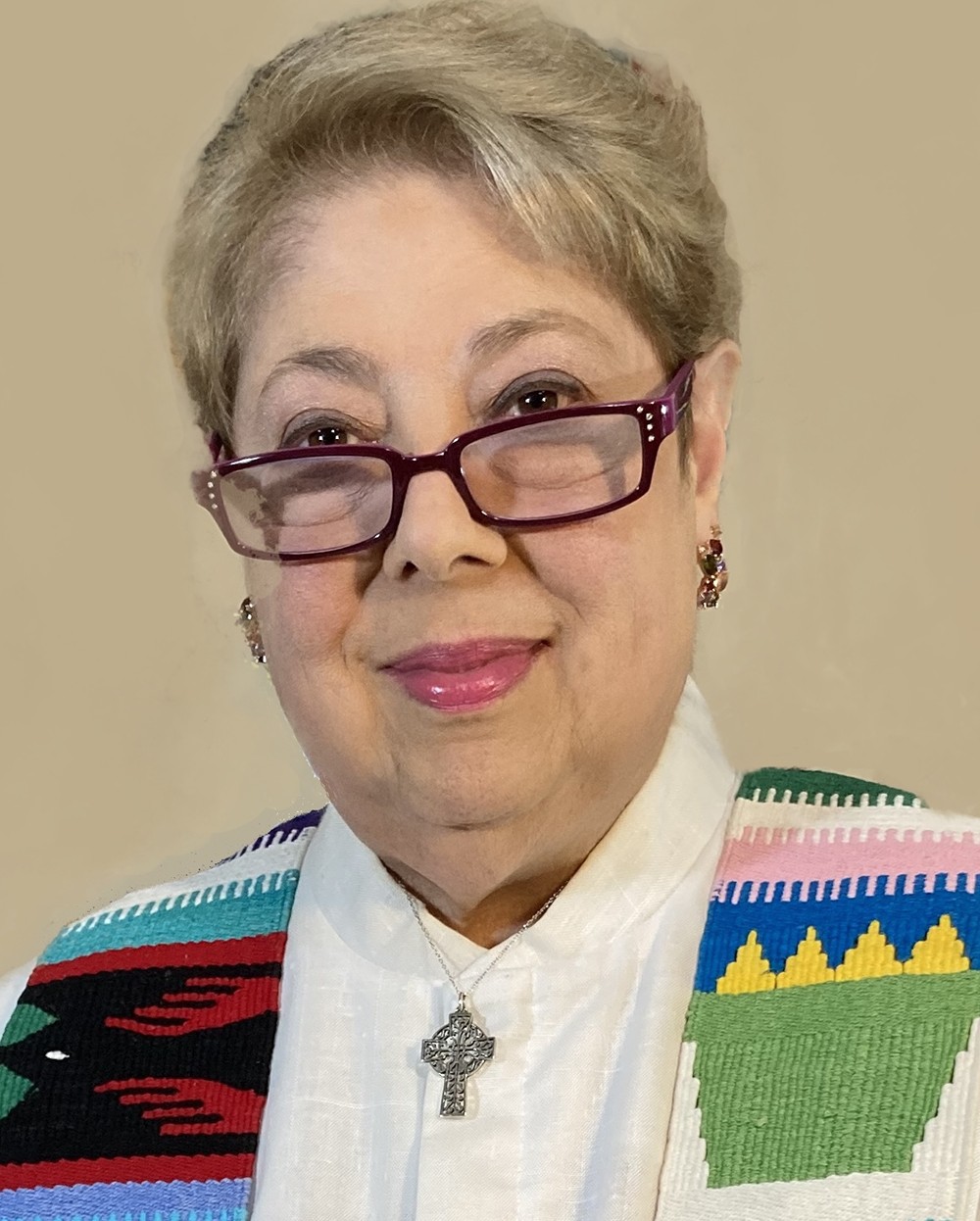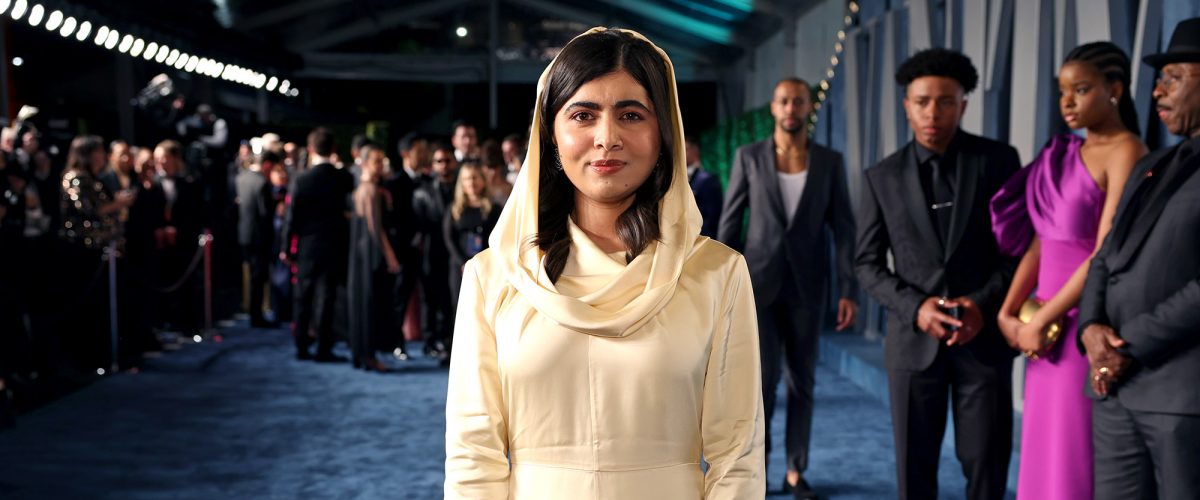We don’t have to celebrate Women’s History Month. No one forces us. Yet when we do, we may learn and be changed and become more involved. Our goal should be to listen and care.
The National Women’s History Alliance designates a yearly theme for Women’s History Month. The 2023 theme is “Celebrating Women Who Tell Our Stories.” Women are masters at telling stories, bearing witness to life throughout history.
Hear the voices of women. Listen to them. We learn and grow when we listen.
Malala Yousafzai as a young girl defied the Taliban in Pakistan and demanded that girls be allowed to receive an education. She was shot in the head by a Taliban gunman in 2012 but survived. In 2014, she became the youngest person to receive the Nobel Peace Prize. Listen to her testimony:
The extremists were, and they are, afraid of books and pens. The power of education frightens them. They are afraid of women. … Let us pick up our books and pens. They are our most powerful weapons.
“They are afraid of women. … Let us pick up our books and pens.”
Ruth Bader Ginsburg graduated from Columbia Law School, going on to become a staunch courtroom advocate for the fair treatment of women and working with the ACLU’s Women’s Rights Project. She was appointed by President Jimmy Carter to the U.S. Court of Appeals in 1980 and appointed to the U.S. Supreme Court by President Bill Clinton in 1993. Listen to her testimony:
Fight for the things that you care about, but do it in a way that will lead others to join you. … That’s the dissenter’s hope: that they are writing not for today but for tomorrow.
Alexandria Ocasio-Cortez is American politician and activist who has served as the U.S. representative for New York’s 14th congressional district since 2019. Listen to her testimony:
Justice is about making sure that being polite is not the same thing as being quiet. In fact, often times, the most righteous thing you can do is shake the table.
Katherine Johnson, one of NASA’s human “computers,” a mathematician, and one of the first African American women to work as a NASA scientist, performed the complex calculations that enabled humans to successfully achieve space flight. Her story is depicted in the 2016 movie Hidden Figures. Listen to her testimony:
Everything was so new — the whole idea of going into space was new and daring. There were no textbooks, so we had to write them. … I finished the report and my name went on it, and that was the first time a woman in our division had her name on something.
Elizabeth Ann Warren was the first member of her family to graduate from college, eventually earning her law degree from Rutgers University. She is a former law professor who is the senior United States senator from Massachusetts, serving since 2013. Listen to her testimony:
Choose to fight only righteous fights because when things get tough — and they will —you will know that there is only one option ahead of you: Nevertheless, you must persist.
So many women, and other oppressed groups, have persisted through the centuries to see dreams fulfilled, wrongs made right, injustice held at bay. The work of transformation is not over, by any means, but those who choose a life of activism often do it at their own peril.
It is right that we celebrate the legacies of Black persons, women, indigenous peoples and other groups who are treated unjustly, as we remember to lament the reality that full personhood often has been denied to these groups. Nevertheless, they have persisted. All their stories — their histories — remind us of discrimination, inequality, racism, homophobia, misogyny, denial of voting rights. This list is endless, and it plays out in a variety of ways.
Each time I become aware of the many forms of inequality that continue to cause unending harm, I begin to believe the pathway to equality and mutual respect is still strewn with big rocks that symbolize very real obstacles.
Isn’t this the quest for a “movement” to achieve justice for every person? Might each of us join the “movement” against oppressive power? Or will we continue watching it from afar?
People of faith, I am convinced of this one holy truth: that we have persisted, and will continue to persist. May our lament move us to make it so. May we shout “justice and peace” from the mountaintops — persistently, passionately, continually, and with holy intent — until we transform injustice and oppression.
May our lament energize and inspire us to move forward on that long, hard road and to use holy inspiration to take us to the places we need to be, where we will become all we need to be to change the world.

Kathy Manis Findley
Kathy Manis Findley is an ordained Baptist minister with Greek Orthodox roots. Now retired in Macon, Ga., she spent her 38-year ministry serving as a pastor, hospital chaplain, trauma counselor and missionary to Uganda. She is a graduate of Southern Baptist Theological Seminary and is certified in victimology, trauma intervention and child forensic interviewing. She is the author of two serious books, Voices of our Sisters and The Survivor’s Voice: Healing the Invisible Wounds of Violence and Abuse, and just for fun, one Kindle novel.


